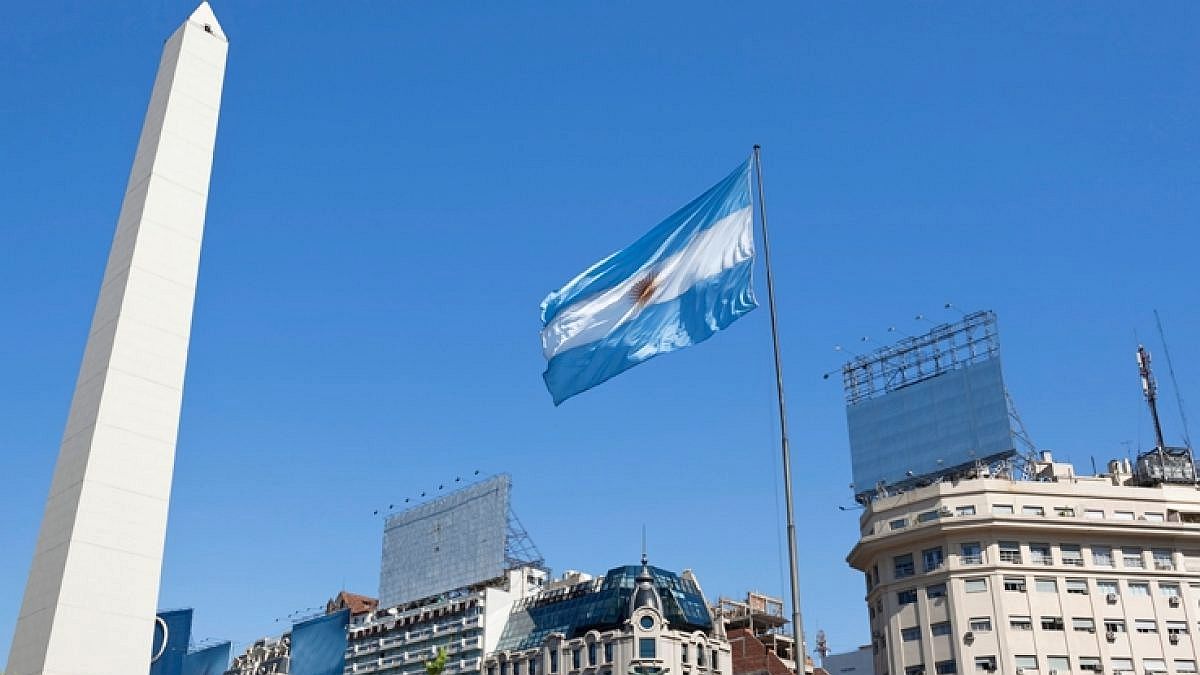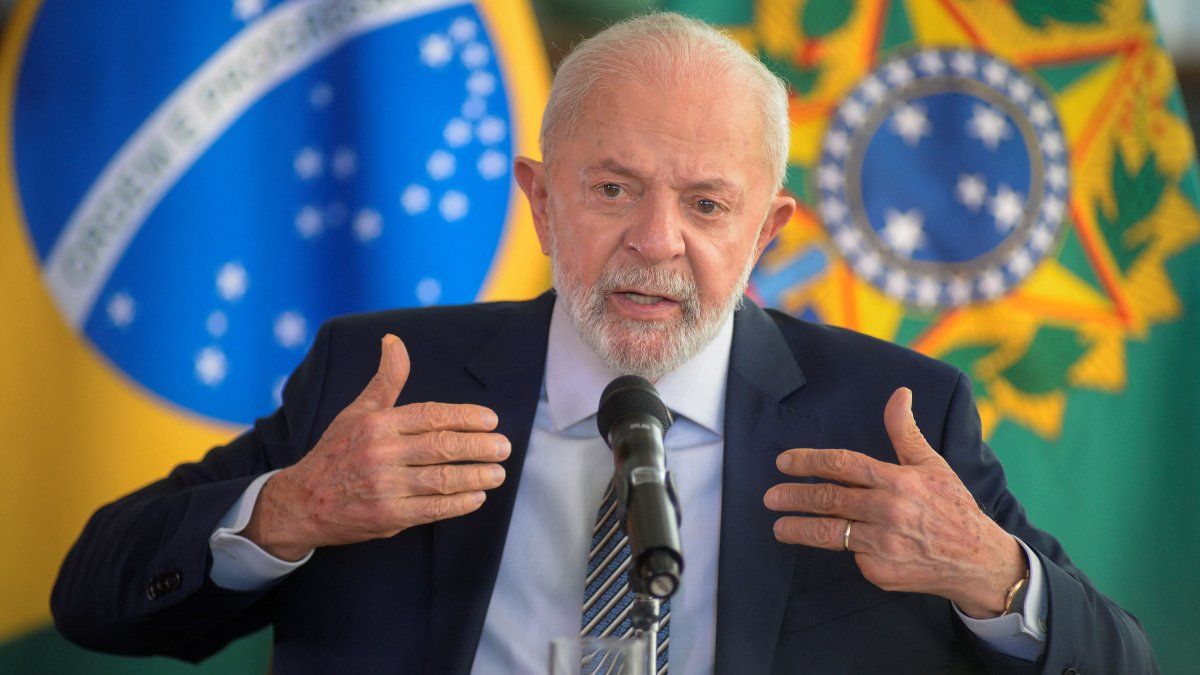Who writes clarifies that it is “really” because much was seen in CFK’s speech and the responses of the entire opposition, within that much the lack of objectivity and genuine desire for transparency was highlighted. Isn’t it demagogic see the former Minister of Security Patricia Bullrich on the corner of the house of the former President hours after prosecutor Luciani requested 12 years for the accused? If it is not demagogic, at least it seems irresponsible that someone who years ago should have cared for non-violence seems to incite it.
It is not strange that from sectors such as the Civic Coalition of Elisa Carrió fall on Fernández de Kirchner (like a large part of the Argentine population, including myself) demanding the full weight of the law, but don’t worry about Caputo’s communications with Lopez (a beacon of corruption in public works)?
That is why we claim to start this story “let it be true”. Without sincerity, transparency and good practices seem like a blurred drawing of the dream of a people without a destiny.
One of the factors that most harms the relationship between civil society and governments is the lack of transparency. The management of politics has been characterized by corruption at all levels of the State (national, provincial and municipal) and in all its branches (executive, legislative and judicial). The worst of all? The impunity of almost all the facts and the normalization of the representatives of the people acting for their own benefit, leaving aside their responsibility to serve the common good. The suspicions are not without foundation, and people are already tired.
Several international organizations are dedicated to measuring how transparent governments are around the world. International Transparency is one of them, which makes the Corruption Perceptions Index in which it assigns a score from 1 to 100 to 180 countries. The index is prepared by assigning a score to each country according to the perception that experts and business executives have of the degree of corruption in the public sector. From 1995 to date, Argentina reached its bottom in 2004 and 2008 with only 20 points. In 2016, with the change of government, the index began to show better results, but since the current administration took over, there have been two consecutive retractions in which Argentina fell 18 places in the index in relation to the previous year, ranking 96th. ° of 180.
In the region, Uruguay and Chile lead the ranking, ranking 18th and 27th worldwide. Internationally, New Zealand, Denmark and Finland are considered the most transparent and least corrupt countries. These countries far exceed – almost double – the average score of 43 points. For us, who are almost 100 positions below us, they are success stories from which we can learn a lot.
Let’s take the case of New Zealand. This country has three main institutions in charge of ensuring transparency and combating corruption: the Ministry of Justice, OFCANZ (Office of Financial and Organized Crime of New Zealand) and the Serious Fraud Office. Each with its own powers, they work in coordination to guarantee the application of the law, the proper functioning of justice and the monitoring of government acts so that they are transparent. In addition, New Zealanders have a Protected Reporting Act to encourage people to report serious misconduct in their workplaces and granting them protection.
The curious thing is that in Argentina we have similar institutions, such as the Anti-Corruption Office, dependent on the National Executive Power, but the immorality is such that it persecutes opposition leaders instead of investigating their own bosses, who commit fraudulent acts with the same level of impunity. We must not invent anything new, only make the organisms that we already have work.
The history of recent Argentina and corruption are closely related. Transparency has not appeared for more than 20 years and both the Kirchnerist decade and the impotent government of Cambiemos left us at the bottom of the table. From a former Secretary of Public Works hiding 9 million dollars in a convent with an assault rifle, multimillionaire diversions to hotels in the name of President Kirchner and her family, to a terrible accident that left 52 dead and 789 injured, as a result of a fraudulent administration of funds for the maintenance of the Sarmiento train.
The frustrating thing is that the supposed “paladins” of the new politics and transparency, Together for Change, promise a lot and deliver little. The enormous business of the friends of the power of the City Government behind the transport companies, the purchase of overpriced chinstraps that never arrived in the middle of the pandemic, the highly irregular settlement of the pending debt in the Argentine Post Office, the rise in rates of tolls that benefited a company belonging to the previous government that had the concession of the service and the scandal of the Panama Papers leave a feeling of disappointment for those who presented themselves as those in charge of “Changing” the way of doing politics.
It is urgent that we solve the serious problems of corruption and transparency that are present in absolutely all the political spaces that governed our country, our provinces and our City of Buenos Aires. Argentina must begin to exercise internships in pursuit of transparent public spending, effective citizen control and transparency mechanisms through affidavits that exceed the desire and will of whoever is in power.
The transparency and the sincerity; Two sides of the same coin. Without them our destiny is shipwreck. The resources exist, the will is lacking.
Deputy of the City of Buenos Aires by Federal Consensus
Source: Ambito




